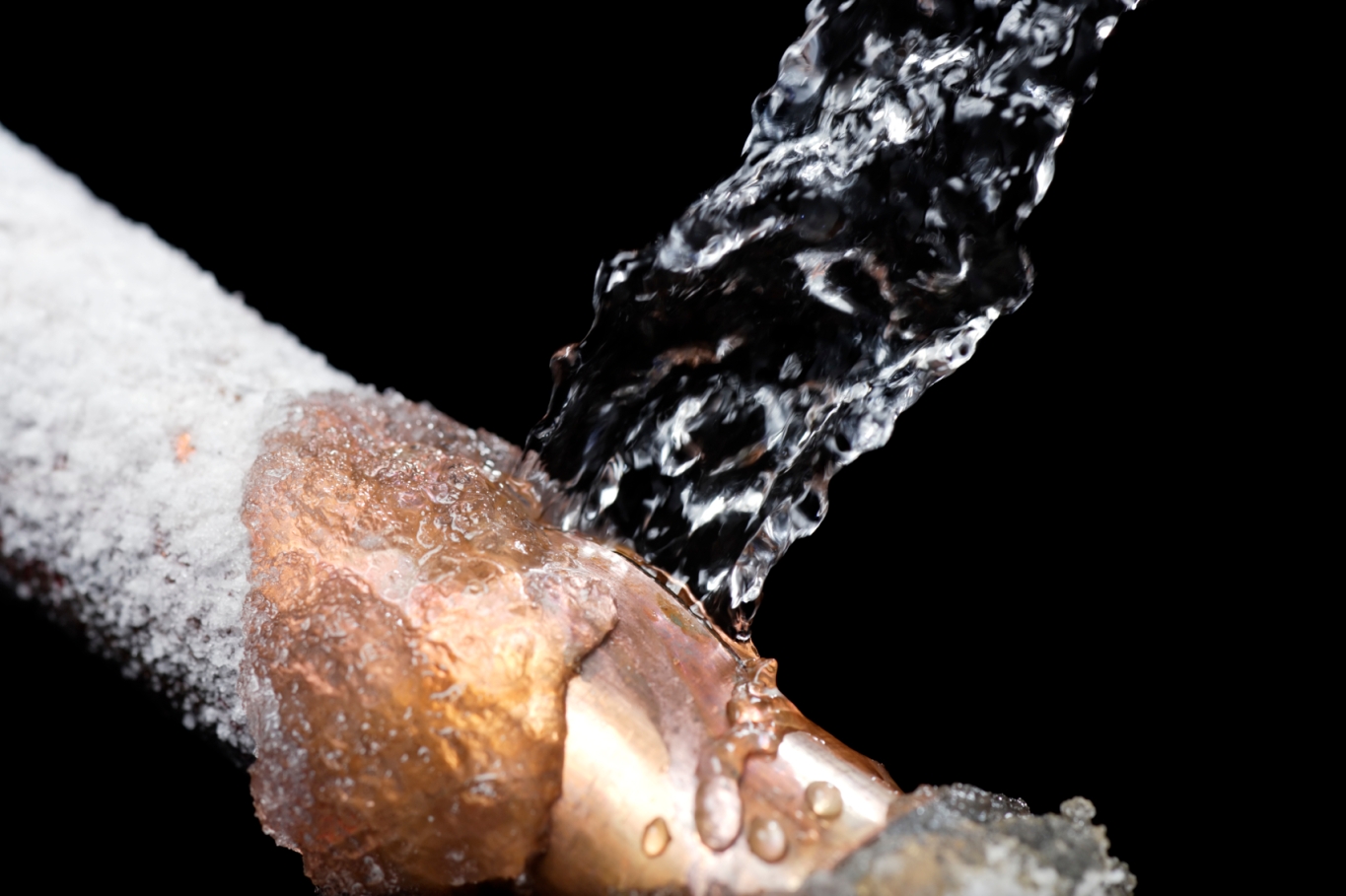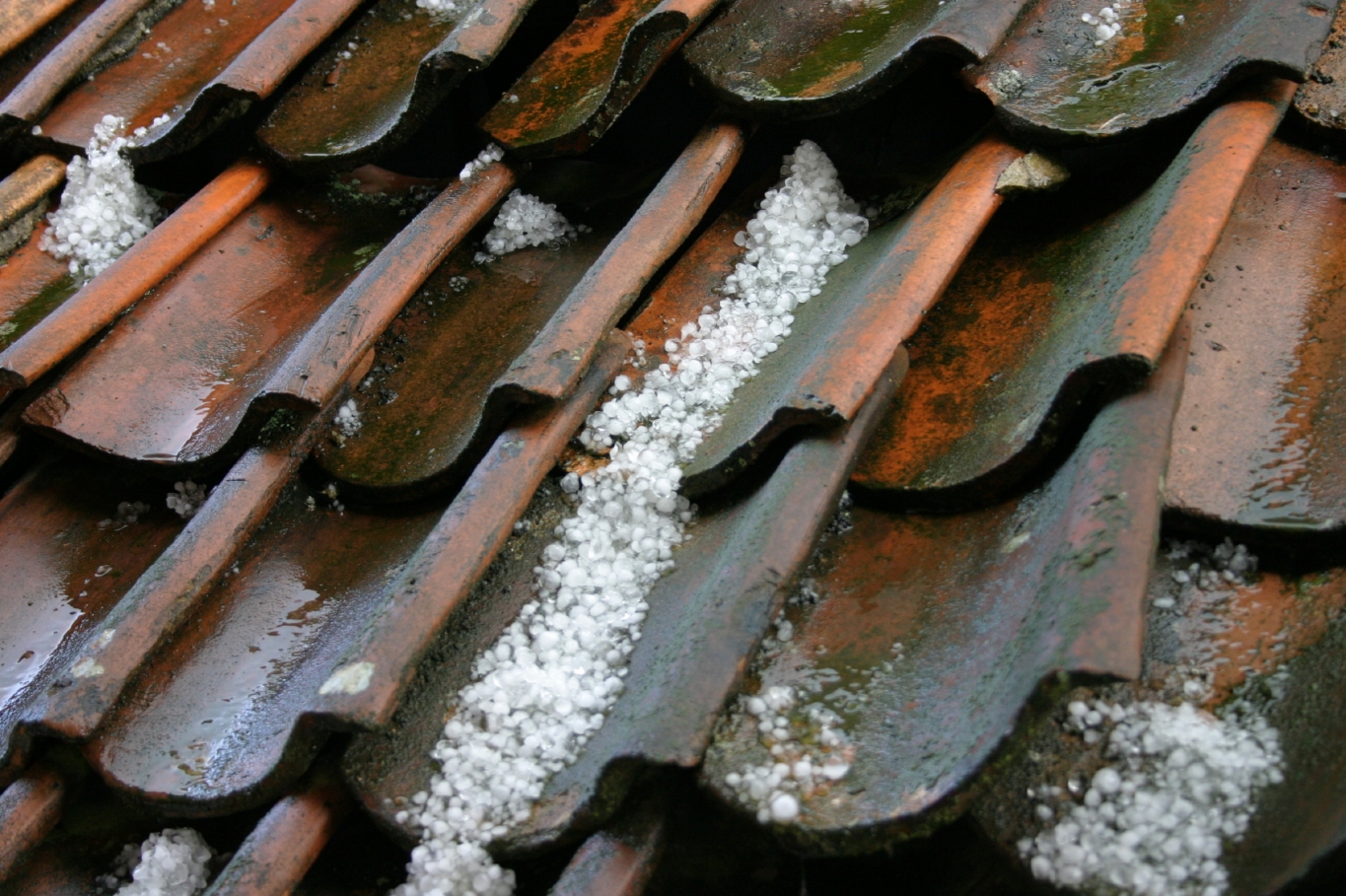


Prevention – insulate all exposed pipes. Especially round your water tank and ensure the loft is well insulated, yet ventilated.
If you’re heading away for prolonged period of times, keep your heating on low. Whilst expensive, the cost of water damage from burst pipes to your property will far out way the increase in your heating bill.
Reaction – First thing to do is turn off the water mains stop cock. Even if you’re not affected by this, it’s always worth knowing where your mains water stop is – under the stairs, out on the street, under the kitchen sink?
It’s worth having a plumber on speed dial. Local can be better in terms of speed of reaction, assuming they are not inundated.
Whilst a boiler can pack up at any point, the time you least want it to is during a prolonged extreme weather period.
Ideally get your boiler serviced as soon as possible and maybe consider insurance to negate any costly repair bills. Many of the main utilities providers offer such insurance. Again, make sure you know who to call and you know the make and model of your boiler so you can brief an engineer instantly.

Water damage is one of the most costly and disruptive for homeowners. Thawing snow will turn your house into a temporary waterfall. Blocked gutters and cracked or missing tiles will mean the water will find other paths to fall to the ground. If you have broken tiles, blocked gutters and down drains make sure they are all clear so the water can drain freely.
Sometimes water that cannot flow freely can store in your roof/ceiling and take days or even weeks to actually reveal itself. Ultimately this will create damp patches and at worst, result in collapsing ceilings.

Understandably, this comes down to a question of cost. As we refer to in our first point, a constant low temperature during extreme conditions can help prevent frozen and ultimately burst pipes. If you’re going away for prolonged periods, keeping it on low. It may save you from water damage in the future.
It’s worth wiping away snow from the door and window sills of your home. Snow that sits there and then thaws can penetrate the frames and can cause the timbers to rot over time as the weather heats up. It’s likely you won’t notice this till later in the year when you go to open the window due to the hotter weather.

Snow covered trees and branches can collapse and it’s worth steering well clear of them during the snowy weather. Once the snowy weather has passed it might be worth trimming back branches that caught the most snow.